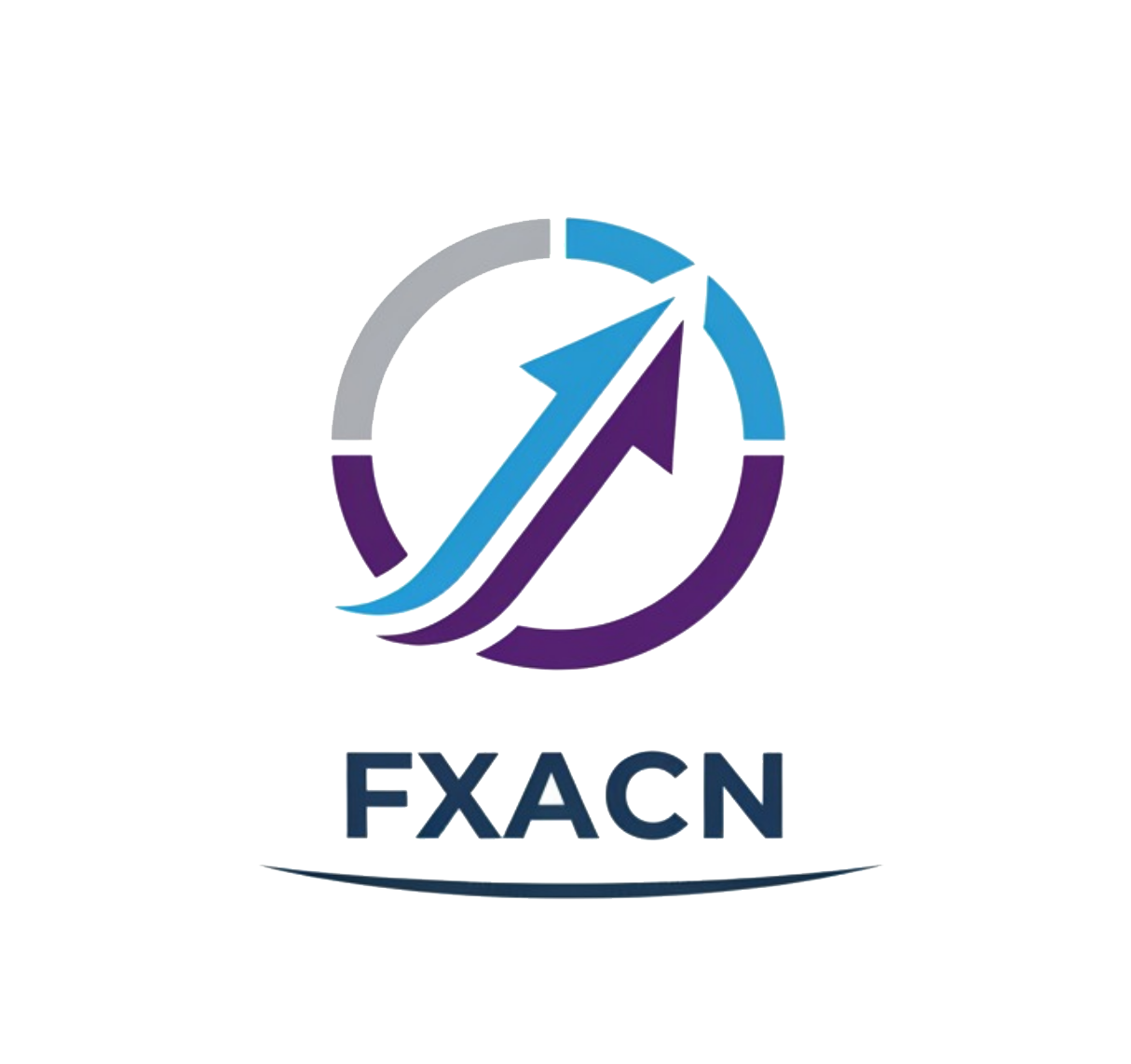Introduction
Onequity is a relatively new player in the forex brokerage market, having been established in 2022 and operating from Seychelles. Positioned as a global forex and CFDs broker, Onequity caters to a wide array of traders, offering them the ability to trade various asset classes including currencies, commodities, indices, cryptocurrencies, and stocks. Given the increasing number of brokers in the market, traders must exercise caution and thoroughly evaluate potential brokers. The nature of forex trading is such that it involves substantial financial risk, making it imperative for traders to choose a reliable broker with a trustworthy regulatory framework. In this article, we will employ multiple sources to conduct a thorough investigation of Onequity, assessing its regulatory standing, financial conditions, customer experiences, trading platform, and overall risk levels to determine the safety of trading with this broker.
Regulation and Legitimacy
One critical aspect of evaluating any brokerage firm is its regulatory status. Regulation helps establish standards for client protection and industry practices, which can significantly impact a broker’s credibility and reliability. Onequity operates under several regulatory authorities, namely the Seychelles Financial Services Authority (FSA) and the South African Financial Sector Conduct Authority (FSCA). While this indicates that the broker adheres to certain industry standards, it is vital to note that the FSA is often considered to have a less rigorous regulatory approach compared to more prestigious entities such as the FCA or ASIC.
Regulatory Information Overview:
| Regulatory Authority | License Number | Regulatory Region | Verification Status |
|---|---|---|---|
| Seychelles FSA | SD 154 | Seychelles | Active |
| South Africa FSCA | FSP 53187 | South Africa | Active |
Despite its operational licenses, the overall quality of regulation at Onequity raises questions. The presence of the FSCA provides some level of confidence, considering its stricter regulatory measures compared to Seychelles. However, it’s crucial for prospective traders to understand that these licenses do not guarantee complete financial protection. This dual regulatory status allows Onequity to operate legally; however, it does not have any tier-1 licenses, which weakens its credibility.
Company Background Investigation
Understanding a company’s history, ownership structure, and organizational transparency is essential in assessing its trustworthiness. Onequity has made efforts to establish its brand in the competitive forex market with a focus on offering a user-friendly trading platform that includes both MetaTrader 4 and 5. The company claims to prioritize client-focused services, but there is limited information on its founding team and their respective backgrounds.
The management and operational team are critical to a brokerage’s success, and transparency regarding this helps build trust among clients. Unfortunately, there is limited publicly available information regarding the management team’s qualifications and experiences, which presents concern. With such a young establishment, it’s difficult to assess its historical compliance or any unresolved issues.
Although Onequity promotes its services as transparent, traders should demand a higher level of information disclosure, which could contribute to greater confidence in the company’s operations. Transparency in ownership, operations, and management is a hallmark of a trustworthy brokerage and one that prospective clients should look for when considering their trading options with Onequity.
Trading Conditions Analysis
A brokerage’s trading conditions reveal much about its operational philosophy and client-friendliness. Onequity offers a low entry barrier for new traders, with a minimum deposit requirement starting at just $25. However, to access the most favorable trading conditions, a higher capital deposit is needed. Trading fees are integral in this assessment.
Core Trading Costs Comparison:
| Cost Type | Onequity | Industry Average |
|---|---|---|
| Major currency pair spreads | From 1.5 pips | 1.0 pips |
| Commission Model | $0 (Plus account) | $5 (ECN average) |
| Overnight Interest Range | Varies significantly | Varies significantly |
Although Onequity offers competitive leverage of up to 1:1000, it also imposes higher than average spreads, especially on lower-tier accounts. Additionally, they charge commissions for their prime accounts, which can add up significantly for traders, conflicting with the idea of maintaining cost-effective trading conditions. These factors must be evaluated against industry standards to ascertain if Onequity is indeed a cost-effective choice for traders.
Client Fund Safety
The security of funds is paramount for any trader when assessing the safety of a broker. Onequity implements several safety measures, including maintaining clients’ funds in segregated accounts. This prevents the misuse of funds, establishing a layer of protection in case of broker insolvency. Additionally, the broker offers negative balance protection, which protects clients from losing more than their initial investment. However, it is essential to investigate whether these measures are consistently applied, especially given the broker’s offshore regulatory status.
Onequity’s commitment to client fund security is commendable but could face scrutiny due to reports of lesser regulatory oversight in Seychelles. Although they promote their compliance with industry standards, the broker’s execution of such measures in practice is vital in establishing whether trading with them is indeed safe.
Customer Experience and Complaints
Customer reviews and experiences can provide significant insights into a broker’s reliability and responsiveness. Onequity has varied feedback across platforms. Many traders appreciate the user-friendly trading environment and the availability of vital trading tools and resources. However, common complaints have surfaced regarding the broker’s customer support responsiveness and the lack of live chat support, which is essential in providing efficient assistance.
Common Complaint Types and Severity Assessment:
| Complaint Type | Severity Level | Company Response |
|---|---|---|
| Customer Support Delays | High | Slow |
| Withdrawal Processing Issues | Moderate | Addressed slowly |
| Transparency Issues | High | Largely unaddressed |
Trader feedback outlined cases of delayed withdrawals and experiences regarding unaddressed transparency issues, indicating that some users felt misled about terms of service and funding safety. Some trader testimonials reflect frustration with the service response times, showcasing an area needing improvement. Overall, while Onequity is not labeled a scam, issues highlighted suggest areas of concern for prospective clients.
Platform and Execution
The trading platforms used by a brokerage significantly impact the trader’s experience, with Onequity providing access to the well-known MetaTrader 4 and 5 platforms. These platforms are equipped with various analytical tools, resources, and functionalities that appeal to traders.
However, the efficiency and reliability of the order execution process are paramount. Early user feedback indicates that while platforms operate well most of the time, there have been isolated reports of slippage and requotes during high volatility periods. These issues can deter traders, especially those utilizing high-frequency trading strategies.
Risk Assessment
Every trading broker carries inherent risks, and Onequity is no exception. The combination of high leverage, a fragmented regulatory environment, and customer service complaints creates a composite risk level that traders should carefully weigh.
Risk Scoring Summary:
| Risk Category | Risk Level | Brief Explanation |
|---|---|---|
| Regulatory Compliance Risk | High | Offshore licensing could compromise safety |
| Customer Support Risk | Medium | Delays in response noticed |
| Trading Execution Risk | Medium | Instances of slippage and requotes have been reported |
To mitigate these risks, it’s advised that traders have robust risk management protocols and avoid overly relying on leverage, particularly in a high-risk environment like forex trading.
Conclusion and Recommendations
To conclude, Onequity does not present itself as a scam; however, potential clients should remain cautious. The evaluation indicates several red flags, including regulatory weaknesses, customer support issues, and concerns about financial transparency. Though operationally pervasive, Onequity lacks the robust regulatory backing that many experienced traders seek.
For those contemplating whether to proceed, understanding the overall risk profile is crucial. If you are a beginner trader, utilizing a well-regulated broker with reputable support services may be advisable. On the other hand, if you are experienced and can manage the elevated risks presented by Onequity, this broker might offer you the flexibility you need.
Additionally, traders should consider alternatives that provide superior regulatory oversight, better execution quality, and proven customer service. Options like OANDA or IG Markets might better suit those seeking enhanced security and confidence in a trading partner. Ultimately, a careful assessment of your specific trading needs and risk tolerance will guide your decision to engage with Onequity or consider other options.


